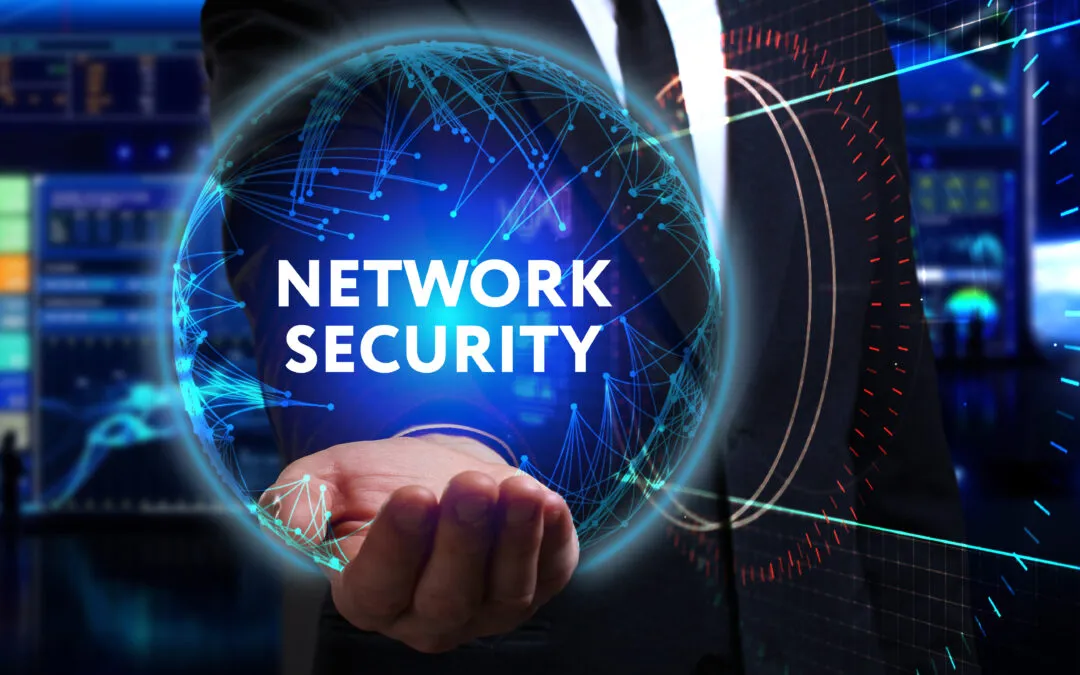Lesson Four: Network Security and Internet Safety
Network security and internet security as well as some of the tools and methods used by hackers.
Learn Cyber Security
February 13, 2025

Lesson Four: Network Security and Internet Safety
Welcome back! In the previous lessons, we learned how to manage passwords and protect our personal devices. Now, we will move on to another important topic: network security and internet safety . Whether you're using a home network or browsing the internet via public networks, understanding how to protect yourself while online is crucial.
Additionally, we will begin introducing some of the tools and methods used by hackers, but in an ethical manner. If you aspire to become an ethical hacker , understanding these techniques will be a fundamental step in helping you protect systems and networks.
1. Understanding Home Networks
What is a Home Network?
A home network is a group of devices connected to each other through a router to provide internet access. These devices may include smartphones, computers, smart TVs, and even smart home appliances.
How Do We Protect Our Home Network?
-
Change the Default Router Password : Most routers come with default passwords like "admin" or "password." Change it to a strong password as soon as you set up your network.
-
Use WPA3 or WPA2 Encryption : Ensure your wireless network is protected with strong encryption like WPA3 or WPA2. Avoid using WEP as it is insecure.
-
Disable Remote Access to the Router : Some routers allow remote access, which attackers can exploit. Disable this feature if you don’t need it.
2. Risks of Public Networks (Public Wi-Fi)
Why Are Public Networks Dangerous?
Public networks (such as those found in cafes and airports) are often unsecured. Attackers can intercept your traffic and steal your sensitive data.
How Do We Protect Ourselves When Using Public Networks?
-
Use a Virtual Private Network (VPN) : A VPN encrypts your traffic, making it difficult for attackers to intercept your data.
-
Avoid Accessing Sensitive Accounts : Avoid logging into your banking accounts or any sensitive accounts when using public Wi-Fi networks.
-
Disable File and Printer Sharing : When connected to a public network, ensure that file and printer sharing is disabled to prevent others from accessing your device.
3. Hacking Tools and Techniques (For Ethical Hackers)
What is an Ethical Hacker?
An ethical hacker is someone trained to hack into systems and networks with the goal of discovering security vulnerabilities and fixing them before real attackers can exploit them. The main objective of an ethical hacker is to protect systems, not harm them.
Common Tools Used by Ethical Hackers:
-
Nmap : A network scanning tool that helps you scan networks to discover connected devices and open services. It can be used to detect security vulnerabilities.
-
Wireshark : A network traffic analysis tool that allows you to monitor data being sent and received over the network. It can be used to detect suspicious activities.
-
Metasploit : A framework used for penetration testing and discovering security vulnerabilities in systems. It contains a wide range of tools that help simulate various attacks.
-
Burp Suite : A tool used for testing the security of web applications. It helps detect vulnerabilities such as SQL Injection and data manipulation.
Common Hacking Techniques (For Ethical Learning):
-
SQL Injection : A technique where attackers insert malicious SQL commands into databases. As an ethical hacker, you can learn how to detect and fix these vulnerabilities.
-
Phishing : As mentioned earlier, phishing is a type of attack where attackers try to trick you into giving away your personal information. As an ethical hacker, you can learn how to detect phishing sites and protect against them.
-
Wi-Fi Hacking : Using tools like Aircrack-ng , an ethical hacker can test the security of wireless networks and discover vulnerabilities.
4. How to Become an Ethical Hacker?
Steps to Become an Ethical Hacker:
-
Learn the Basics : Before diving into hacking tools, you should have a strong understanding of cybersecurity fundamentals and networking basics.
-
Get Certified : There are several certifications that can help you become a certified ethical hacker, such as:
- Certified Ethical Hacker (CEH)
- CompTIA Security+
- Offensive Security Certified Professional (OSCP)
-
Practice Your Skills : You can use testing environments like Hack The Box or TryHackMe to practice your penetration testing skills.
-
Work with Companies : After gaining the right experience and certifications, you can work as an ethical hacker with companies to test the security of their systems.
Lesson Summary
In this lesson, we learned how to secure your home network and safely navigate public networks. We also introduced some of the tools and techniques used by hackers, but in an ethical way. If you aspire to become an ethical hacker, understanding these techniques will be a fundamental step in helping you protect systems and networks.
What’s Next?
In the next lesson, we will discuss malware and how to deal with it . You’ll learn more about different types of malware, how to detect them, and the tools that can help you remove them.
Tip for Followers
Remember, cybersecurity is an ongoing battle between attackers and ethical defenders. If you want to become an ethical hacker, understanding attack methods is the first step toward protecting us all. Keep learning and practicing your skills, and you’ll be able to achieve your goal.
Stay tuned for more tips on how to enhance your cybersecurity in upcoming lessons!
Comments

There are no comments
Please login to leave a review







